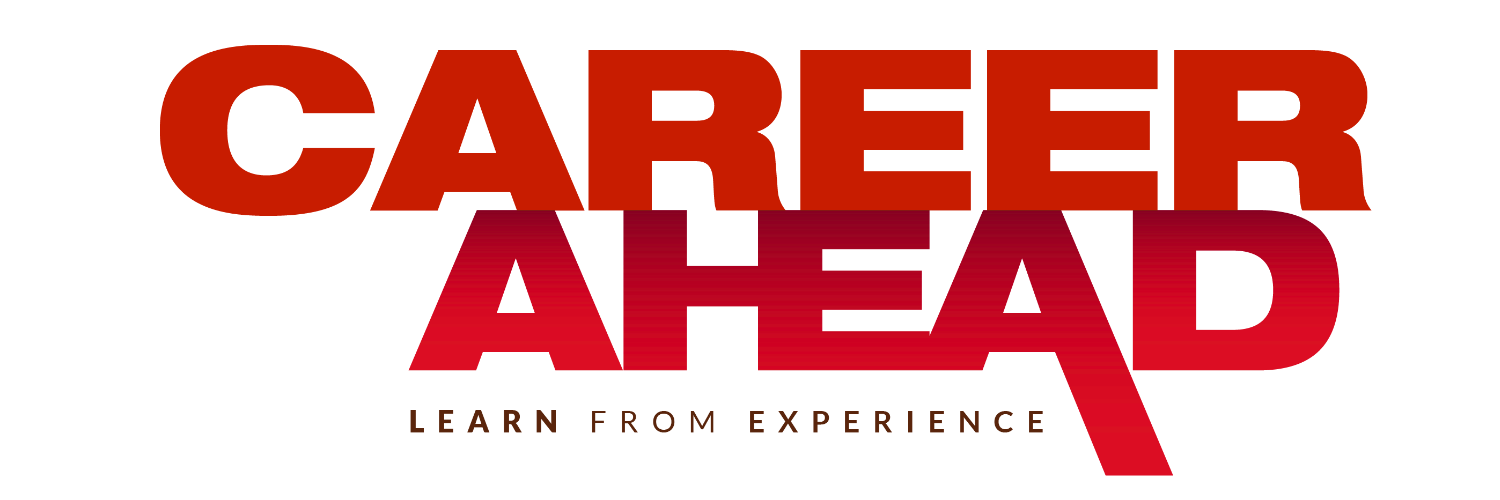No products in the cart.
Law as a Career
Careers today are all about specialization and versatility; gone is the era when all one could aspire to be was a lawyer, an engineer or a doctor.
The complexity of the legal scenario has created hundreds of career options that serve a variety of core and non-core legal functions. The role of a legal professional is expanding by the minute with choices like lawyer, mediator, arbitrator, paralegal, consultant, and so forth. The field of law has experienced staggering growth in the last few years. One of the contributing factors for this has been the fact that the legal industry is coming up as one of the more lucrative prospects in today’s job market. Associates at leading firms start at very good packages, and if they prove their mettle they also get rewarded with handsome bonuses. Many non-lawyers also reap significant financial rewards in the legal profession.
Increased diversification and segmentation has led to the growth of legal specialties and sub-specialties that cater to almost every legal interest. A law student wanting to join litigation can specialize in criminal law, service law, family law or any of a dozen other practice areas. Those who would prefer to join the corporate world can choose from areas like tax, mergers, acquisitions, finance or others that may satisfy their personal interests.
But before someone actually chooses law as a career, the first thing to take into account is their temperament. If you are always interested in finding out about the problems others are facing, are constantly surrounded by people who want your advice regarding various issues, and if you hate routine… well then law is definitely the field for you! At the heart of law lies the fundamental purpose of helping others resolve their legal problems. Law is one field which is basically an amalgamation of all other fields put together. It is one area where you never cease to learn and end up ‘practicing’ even when you become a specialist!
Navigating an ever-changing legal system, vast bodies of case law and the unending demands of the legal profession create a stimulating environment for the legal professional; but this is not easy for everyone to handle. Only if you have the knack of grappling with conceptually challenging issues, the ability to reason with logic and the clarity to analyze the case and statutory law, along with being a master at researching complex legal issues and oral and written communications, should you think of taking up law.
As a student, I was always encouraged to become a lawyer by my teachers and parents. This was mainly due to my inquisitive nature and zest for presenting a logical argument for everything. After passing out of college with a degree in law, I joined academics and research instead of directly going into litigation. I believe this worked in my favour, as when I finally did start with litigation I realized the advantage of being academically stronger with a fine grasp of legal intricacies, which can get overlooked in the hectic life of a litigator.
“Navigating an ever-changing legal system, vast bodies of case law and the unending demands of the legal profession create a stimulating environment for the legal professional; but this is not easy for everyone to handle”

Taking up law, either directly after school or as a post-graduate course, opens up numerous avenues for a person. You can not only start your own practice but can also join any company as their legal advisor. Having your own consultancy in the field of your choice, or even being a facilitator for assisting other parties in completing their legal obligations – a task which is becoming more and more time consuming and back breaking in today’s world – is also one of the many things that can be taken up after completing law. Students interested in a career in the administrative services or politics often take up law as they feel that law as a subject equips them better for the life ahead.
Historically, the legal profession has weathered many economic slowdowns quite well as compared to other professions. In fact, some practice areas such as litigation, bankruptcy and reorganization, foreclosures and regulatory compliance have actually benefitted from economic slowdown. As a result, legal professionals are always able to find work – even in times of an economic crisis.
With physical boundaries losing their importance in the world today, more firms and corporations are crossing international borders and expanding through mergers, acquisitions, consolidation and collaboration with foreign counsel. Globalization of law has increased the opportunities available to law professionals.
Law as a profession is constantly changing and evolving. Today a legal professional needs to be a problem solver and an innovator. He must have the capacity to take up new challenges, master new technology and be a multi-tasker in order to keep up with an ever evolving legal system. It is the trade of lawyers to question everything, yield nothing and talk by the hour. But before you are able to do that, it needs to be understood that a lot of tears, toil and tenacity goes into making a successful lawyer. To end with, on a lighter note, let me say that as a lawyer:
You win some, you lose some; but you get paid for them all!
- The article was originally published in Career Ahead October 2020 issue.











